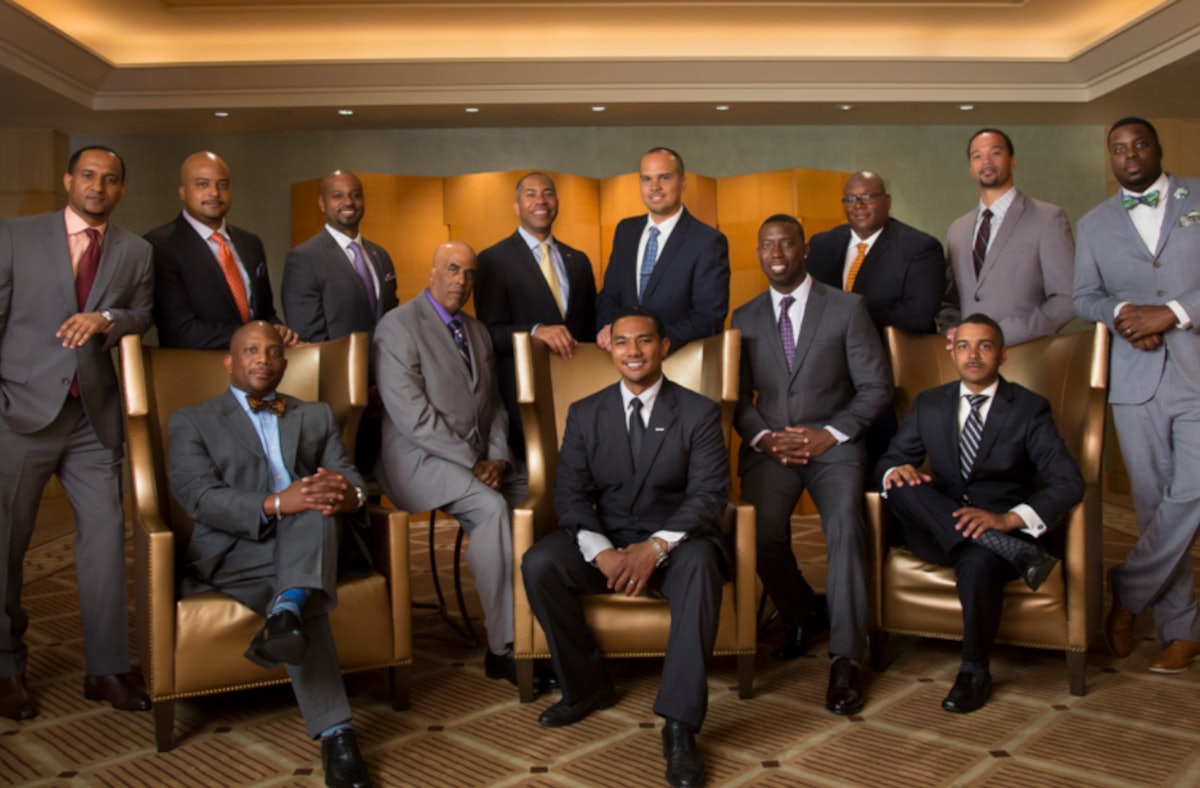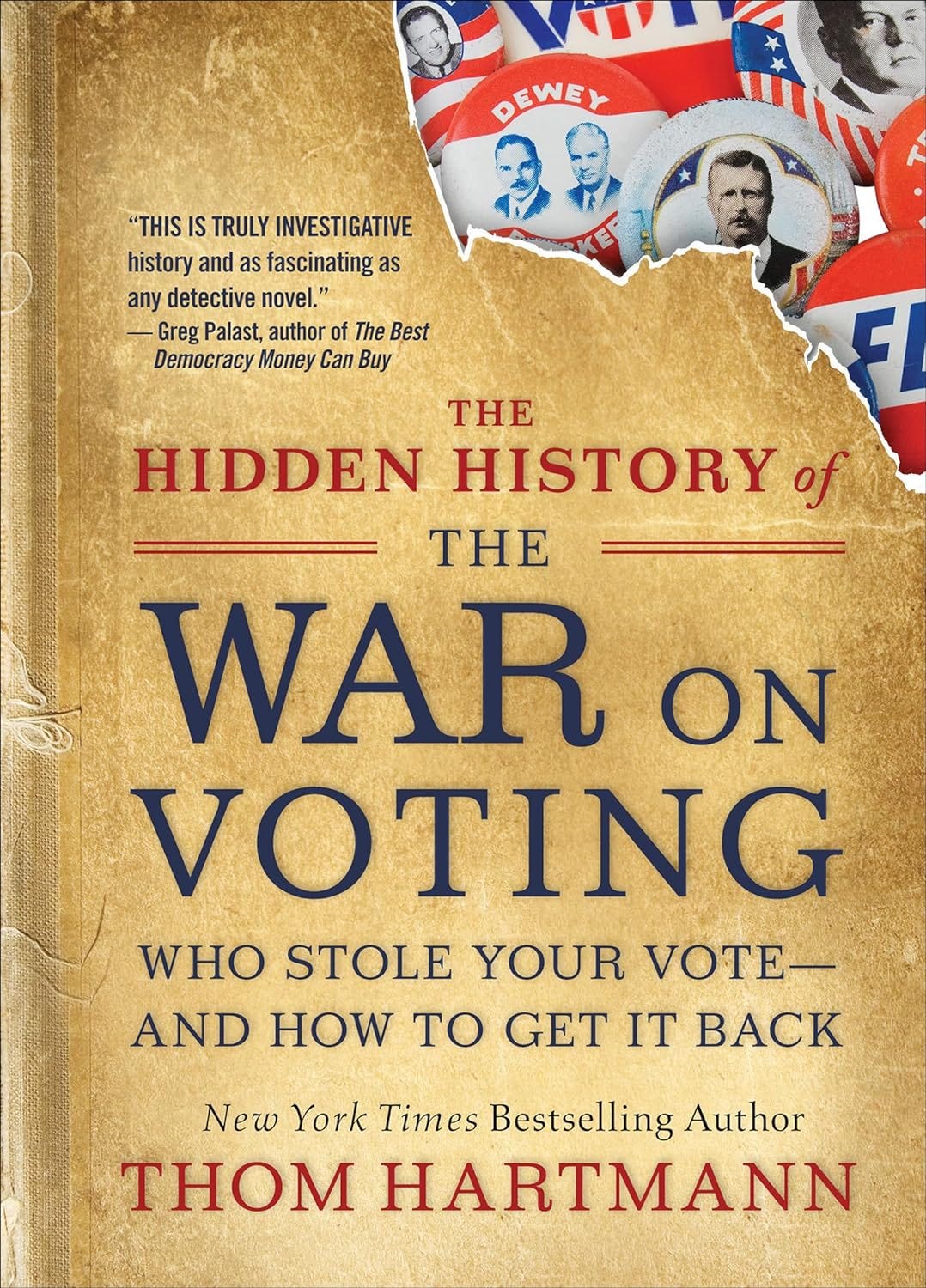- BlackVoter.Org
- Posts
- BLACKVOTER.ORG
BLACKVOTER.ORG

A significant leap for equity in higher education is underway as the African American Male Education Network & Development (A2MEND) expands beyond California, launching its first out-of-state charters in Minnesota and Washington. Founded in 2006, A2MEND focuses on improving the educational outcomes for African American men in community colleges.
This expansion brings A2MEND's active charters to 51, marking a notable shift in its mission to empower Black male students nationwide.
With successful grant funding, A2MEND aims to replicate their impactful programs in selected institutions, emphasizing the importance of robust institutional support for African American male achievement.
This initiative not only connects students with essential resources but also fosters a sense of community and brotherhood, enhancing retention and graduation rates. Leaders advocate for a future where more African American males see themselves in leadership roles within education and beyond, inspiring a generation to embrace the transformative power of higher education.
The journey has just begun, but A2MEND is committed to laying a strong foundation for future growth and success.

In this eye-opening excerpt from "The Hidden History of the War on Voting," Thom Hartmann delves into the complexities of voter suppression manifested through provisional ballots, particularly following the Help America Vote Act (HAVA). While originally aimed at protecting voters—especially in the Deep South where many were unfairly turned away—provisional ballots often become a trap.
Once issued, these ballots frequently go uncounted due to bureaucratic hurdles, with voters unaware that their participation may not be validated. Hartmann narrates a poignant incident involving Christine Jordan, a 92-year-old cousin of Martin Luther King Jr.
, who struggled to obtain a provisional ballot in Georgia, highlighting systemic obstacles designed to disenfranchise voters, particularly in communities of color. With over a million voters purged under partisan policies, the result is a disconnect between exit polls and actual vote counts.
Hartmann urges us to speak out against such injustices to reclaim the integrity of our electoral process, revealing how often the voiceless remain muted in this crucial national conversation.

Stacey Abrams is a dynamic American politician, lawyer, activist, and author, celebrated for her tireless advocacy of voter rights. Born on December 9, 1973, in Madison, Wisconsin, and raised in Gulfport, Mississippi, she emphasizes the importance of education, community service, and activism.
Her political journey gained momentum in 2018 when she made history as the first Black woman to be a major party's nominee for governor of Georgia. Though she narrowly lost to Brian Kemp, her refusal to concede sparked a national dialogue on voter suppression.
Following her gubernatorial campaign, Abrams founded Fair Fight Action, dedicated to protecting voting rights and increasing voter turnout. Her impactful work played a crucial role in flipping Georgia from Republican to Democrat in the 2020 elections.
In 2022, she faced Kemp again in a high-stakes rematch but was defeated. Not just a political force, Abrams is also a prolific writer, with titles ranging from personal leadership guides to political thrillers, showcasing her multifaceted talent and unwavering commitment to change.

The debate over reparations for slavery generates passionate arguments on both sides. Proponents argue that reparations are crucial for addressing the significant wealth disparities rooted in over 250 years of slavery, which has led to ongoing economic and health inequities for Black Americans.
They cite historical precedents, such as reparations given to Japanese internment survivors, as models for addressing past injustices. Conversely, opponents contend that those living today cannot be held accountable for the sins of their ancestors, stressing that reparations could intensify racial divisions and societal resentment.
Additionally, complexities surrounding eligibility and financial logistics make implementation challenging. Recent polls indicate that support for reparations varies widely by race, with a notable majority of Black Americans in favor.
The discussion continues to evolve, with some states exploring reparations initiatives, leading to a complex landscape surrounding this contentious issue as society grapples with its historical legacy.
After yet another challenging election cycle, Missouri Democrats are grappling with an uncertain future. Hopes were high heading into the 2024 elections, particularly with a significant abortion legalization measure on the ballot.
However, statewide candidates faced disheartening defeats, leaving many Democrats frustrated, especially in the wake of Donald Trump’s presidency.
Despite some positive gains in candidate recruitment and better coordination, the party failed to secure any more legislative seats and lost crucial ground in rural and exurban areas—a vital battleground that could determine future victories.
Hurdles also loom from national party perceptions, particularly among blue-collar workers and union members who feel alienated by Democratic positions on key issues like immigration and gun control.
Party leaders believe Missouri Democrats must build grassroots support even in GOP-dominated regions to mount meaningful challenges in future elections.
By taking cues from states like Minnesota, which have successfully turned their political landscapes around, Missouri Democrats hope to revitalize their presence and create a more competitive political environment. The journey ahead may be steep, but there’s a flicker of determination to reclaim lost ground.